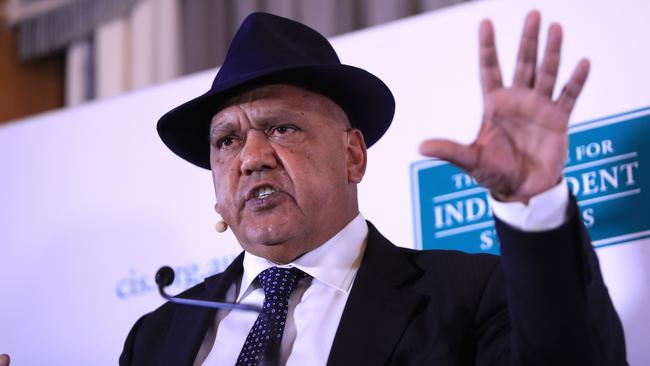
Events last week in Alice Springs go to the heart of the problem. The NT Labor Chief Minister Natasha Fyles, the former Morrison government and the Albanese government have been too willing to let go of the reforms of the Gillard government’s Stronger Futures program that restricted alcohol consumption in the NT.
Fyles, before Tuesday’s meeting in Alice with Anthony Albanese and his Minister for Indigenous Australians Linda Burney, specifically said the NT was unwilling to support an alcohol ban that racially targeted Aboriginals. Federal Labor MP Marion Scrymgour was right when she said not restricting alcohol was effectively targeting Aboriginal women and children.
Remember when Sydney Aboriginal academic Larissa Behrendt, partner of former federal Labor Attorney-General Michael Lavarch, tweeted about former NT minister Bess Price who was appearing on Q&A in 2011? Behrendt said watching Price – mother of now federal CLP senator Jacinta Nampijinpa Price – talking about disadvantage in the NT was more offensive than watching a man have sex with a horse, which was a reference to US TV series Deadwood.
It became a big news story only because it highlighted a real city-country divide that long predated that incident and former PM John Howard’s 2007 NT Intervention, hated by the metropolitan Aboriginal rights camp but loved by remote Aboriginal people. Senator Price, in this newspaper on Friday, and Warren Mundine, in The Australian Financial Review, wrote powerfully about a rights culture that ignores the need for Aboriginal communities and political leaders to take responsibility.
Yet the problems are not confined to the NT. They are happening all over Australia and have been for at least 30 years. Queensland’s Courier-Mail in the late 1990s ran a series of stories about violent abuse against women and children in remote mission stations and towns on Cape York and in the Gulf. This included the rise of foetal alcohol syndrome and sexually transmitted diseases in primary-school-age girls. At the time, Noel Pearson – who is a prominent advocate of the voice to parliament – was a fortnightly columnist for The Australian.
The Australian conducted a long investigation into the finances of prominent elected Aboriginal leader Sugar Ray Robinson, who was based in Charleville. Robinson resigned in 2003 as a commissioner for ATSIC, the Aboriginal and Torres Strait Islander Commission. He had been national ATSIC deputy chair. He was finally convicted in September 2008.
The national chair, Victorian ATSIC commissioner Geoff Clark, had faced a series of historical rape allegations, was never convicted, lost a civil action brought by one of his victims, but has not paid her the court-awarded settlement.
ATSIC was finally abolished in May 2004 and the following year Clark won a verdict of unfair dismissal against then minister Amanda Vanstone. Some Aboriginal leaders have been working ever since for a way to replace ATSIC, but for many of the poorest Aboriginal communities its abolition was a godsend. They worry a voice may repeat ATSIC’s flaws.
Howard’s late 1990s minister for Aboriginal affairs, senator John Herron, was lobbied by Pearson about the introduction of income management plans in the Cape so pension payments would not be frittered away on alcohol and mothers would have enough cash to buy fresh food for their children.
The newspaper editorialised for Pearson’s plan and later received a delegation from ATSIC asking that I, as editor-in-chief of Queensland Newspapers at the time, stop publishing stories of abuse in Aboriginal communities and focus instead on stories of Aboriginal achievement, especially the positive achievements of young Aboriginal people in Queensland’s larger coastal cities.
While ATSIC went, Mabo and Wik brought a form of land rights and former Labor PM Kevin Rudd apologised to the Stolen Generations in 2008. But not much has improved in the remote Aboriginal world since the mid-1990s.
Yet there have been successes. The impressive school on the Tiwi Islands and a determined push to address problems that once included one of the highest suicide rates in the world have made the Bathurst and Melville islands much safer and happier places, well worth visiting.
Sky News Australia’s Andrew Bolt often cites conditions in Aurukun on Cape York to reflect adversely on Noel Pearson’s Good to Great Schools programs. I visited Pearson’s Hope Vale school and community in 2019 and found a thriving and largely happy student body and some of the nation’s most committed teachers.
Debate in Aboriginal affairs is more polarised and shouty than ever. Not every conservative commentator criticising the situation in Alice last week was doing so to undermine the voice. It’s possible to mistrust the voice campaign, to worry about potentially dividing the nation by race and to care genuinely about practical reconciliation.
Conversely, it’s possible to be a voice supporter and have spoken passionately in favour of Howard’s NT Intervention. On ABC AM the morning after Howard’s announcement of the Intervention, Pearson famously described the fear of a small Aboriginal child cowering before an alcohol-fuelled adult.
Speaking on Australia Day, Pearson told this column: “I have always thought … the behavioural and structural, symbolic and practical needed to be pursued in parallel, even as the crisis in communities needed to be confronted urgently. Even Howard understood the importance of recognition when he said in 2007 … ‘I believe we must find room in our national life to formally recognise the status of Aboriginal and Torres Strait Islanders as the first peoples of this nation.’”
Pearson added: “I am convinced that policy reform alone is not sustainable – even when it is right, which most of the time it is not. Because consistency, fidelity, and sticking to reform is not what governments do. They lose interest.”
This column outlined the history of the voice proposal last August and criticised many journalists for showing no sign of having read or even heard of the 272-page final report of the Indigenous Voice Co-design Process, written by Professor Marcia Langton and 2023 Senior Australian of the Year Tom Calma in 2021.
For sceptics who would like to know if and how a voice might help improve life for disadvantaged Aboriginal Australians, Pearson’s Cape York Institute for Policy and Leadership in 2020 produced a much more concise study, titled First Nations Voice, Empowerment, Productivity and Closing the Gap.
The paper is scathing of top-down bureaucratically imposed reforms and does not support any centralised control for the national voice. It says the nation is spending about 1 per cent of GDP on Indigenous Australians, “resulting in limited social, economic and cultural progress … it is not the case that simply providing more funding will Close The Gap.”
Sounds like an approach many sceptics of the voice need to hear. As The Mocker wrote here last Thursday, Albanese is not helping his cause by refusing to discuss how the voice might be implemented in practical terms.


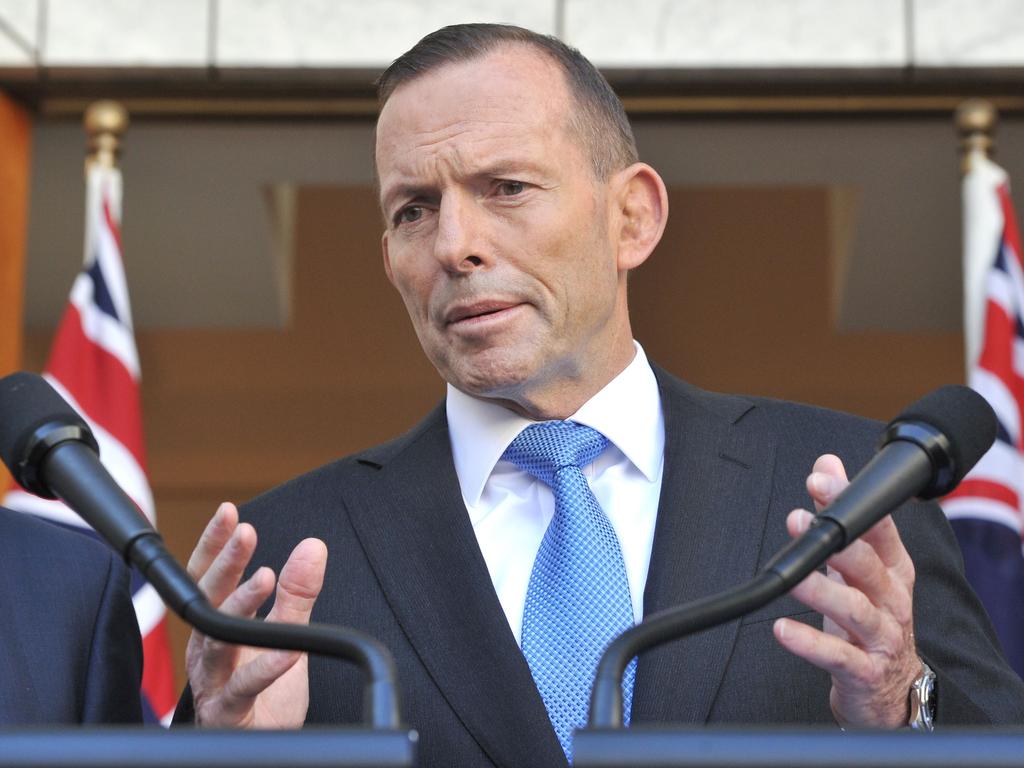
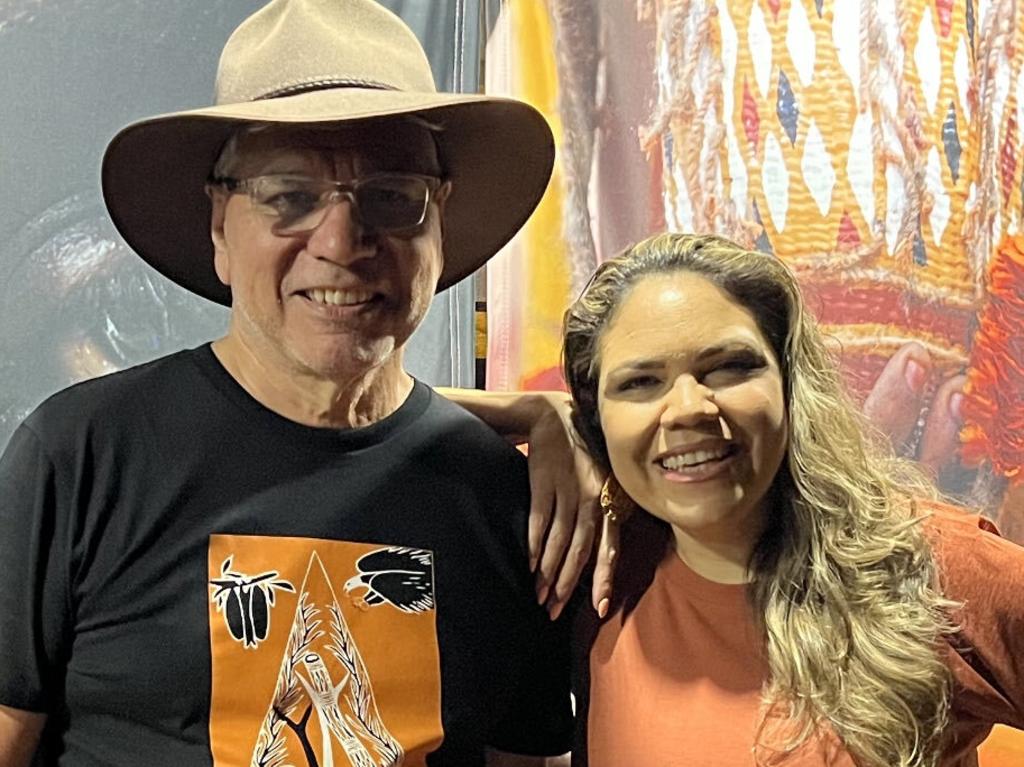
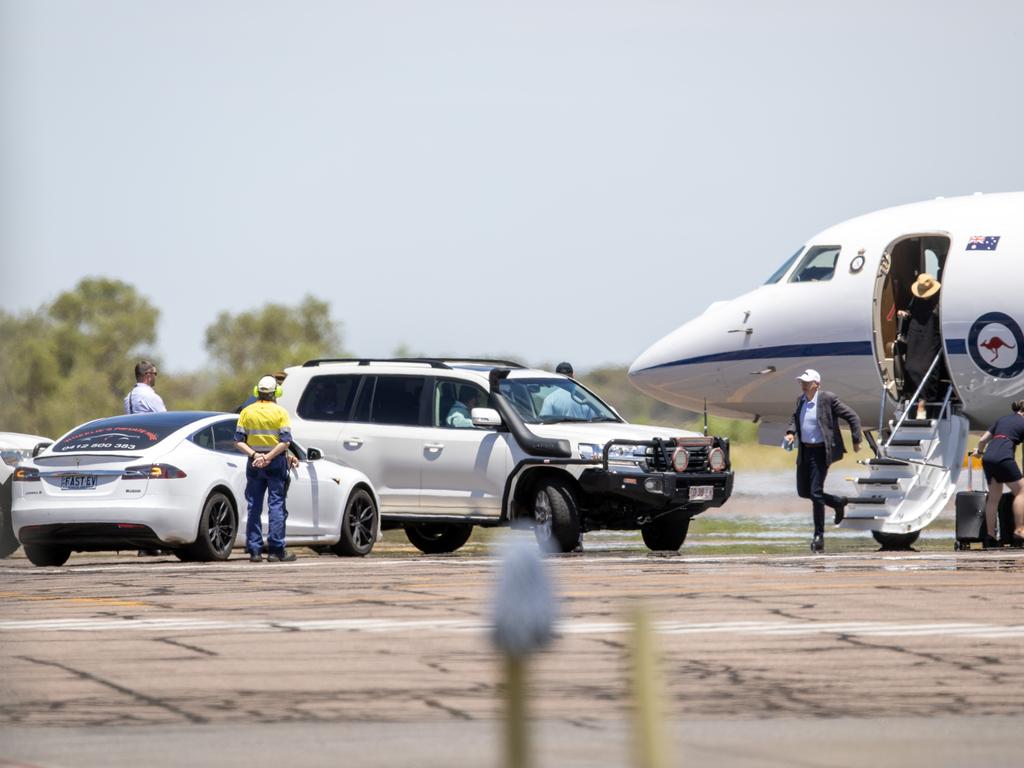
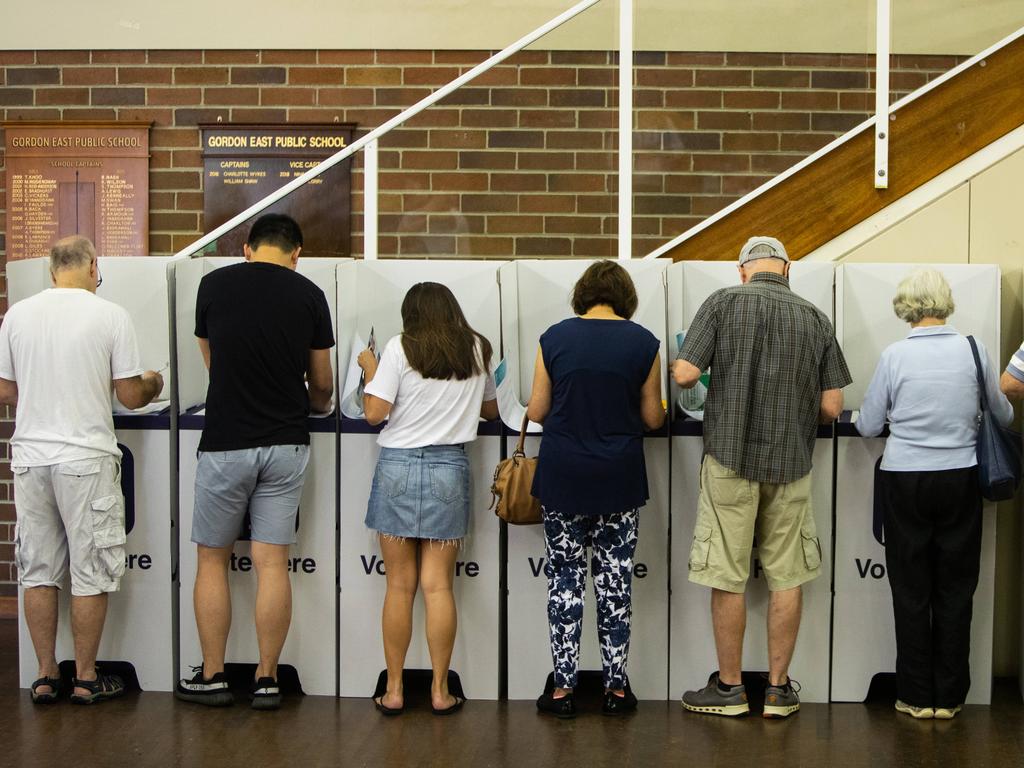


Underlying hesitancy about the proposed voice referendum among many conservative Australians and some Aboriginal leaders is a suspicion that metropolitan Aboriginal rights campaigners care little for the plight of displaced Indigenous people in remote Australia.